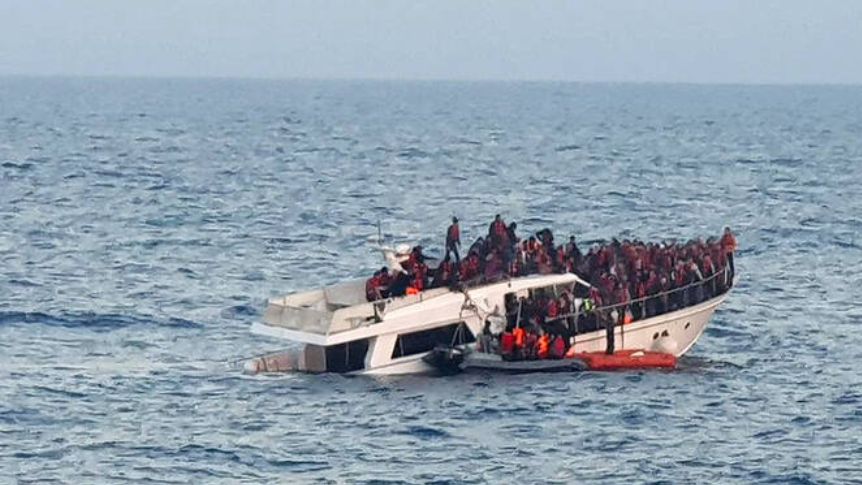ISLAMABAD / RABAT – June 19, 2025 — At least 60 migrants, including several Pakistanis, are feared dead following two separate shipwrecks off the coasts of Mauritania and Senegal, according to the International Organization for Migration (IOM).
The tragic incidents occurred along the increasingly dangerous Atlantic migration route used by migrants attempting to reach Spain’s Canary Islands. Survivors and IOM officials reported that the boats, overloaded and unfit for high-seas travel, capsized after days adrift in harsh sea conditions.
While the exact number of Pakistanis among the missing remains unconfirmed, IOM officials stated that individuals from Pakistan, Bangladesh, Syria, and Yemen were aboard the ill-fated vessels. This marks the second major tragedy in six months involving Pakistani migrants attempting to reach Europe through this treacherous route.
In January, 44 Pakistanis were among dozens who perished in a similar incident near Cape Verde. Despite international warnings and previous losses, traffickers continue to exploit vulnerable populations by luring them with promises of work and asylum in Europe.
Survivors Share Harrowing Accounts
One Pakistani survivor told IOM workers that they had been held in safe houses for weeks and beaten by smugglers before being forced onto a wooden fishing boat built for 50, but crammed with nearly 100 people. Many suffered from dehydration and starvation before the boat sank.
According to the IOM, only a handful of bodies have been recovered, with most believed to be lost at sea. Rescue operations are ongoing, but rough waters and limited resources continue to hamper efforts.
International and National Response
Pakistan’s government has expressed concern and is reportedly working with West African and European authorities to verify the identities of those missing. A crackdown on human smuggling networks has also been initiated domestically, though experts warn these efforts remain insufficient without wider reforms.
The IOM has again called on all governments along the migration corridor to enhance search-and-rescue capabilities, crack down on transnational smuggling operations, and offer safer, legal migration alternatives.
A Deadly Shift in Migration Routes
As European nations tighten border controls along the Mediterranean, human traffickers are increasingly turning to longer and more dangerous Atlantic crossings. These journeys can last over a week, often without adequate food, water, or navigation tools.
Experts warn that unless the root causes of migration—such as poverty, unemployment, and misinformation spread online—are addressed in countries like Pakistan, tragedies like these will continue to unfold.


